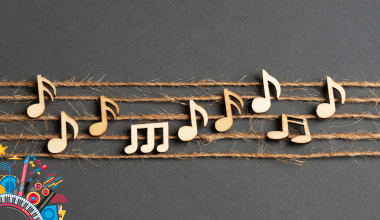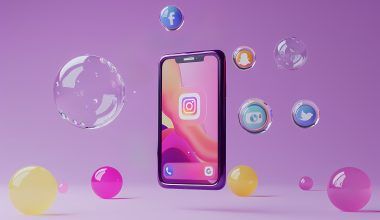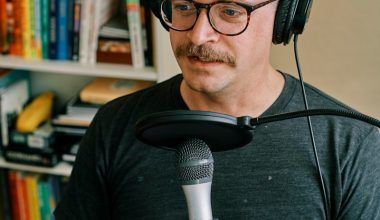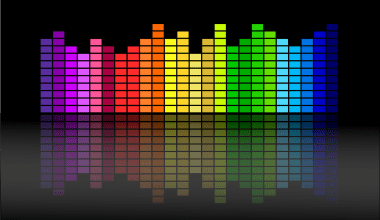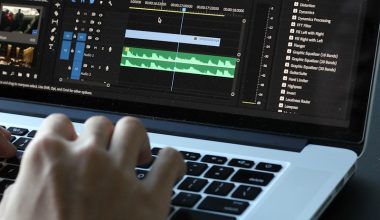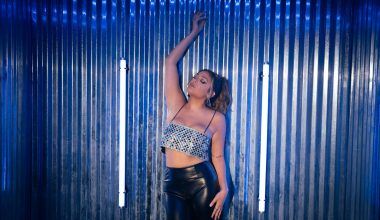Have you ever created something, like a song, a story, or a beautiful piece of art, and wondered, (how do you obtain a copyright) “What if someone steals my work?” This is where copyright comes to the rescue.
Copyright is like a shield that protects your creations. It ensures no one can copy, sell, or use your work without your permission. Whether you’re a musician, writer, artist, or even a photographer, copyright helps you claim ownership over your creations.
In this blog, we will explain how do you obtain a copyright in the simplest way possible. Think of this as your guide to protecting your ideas and hard work.
What is Copyright?
Copyright is a legal right that protects your original creations, like music, art, videos, books, and more. It’s like having your name written on your work permanently. Once you have a copyright, you own the rights to your work.
This means you can:
- Control who uses your work.
- Earn money by licensing it.
- Stop others from copying or selling it without your approval.
Copyright is automatic when you create something original, but registering it makes it stronger in legal disputes.
Who Needs Copyright?
Anyone who creates something unique and valuable should have copyright protection. You need it if you are:
- A musician creating songs or beats.
- A writer working on novels, blogs, or scripts.
- A filmmaker making videos or short films.
- A photographer capturing moments.
- An artist painting, drawing, or designing.
If you’re creating something and sharing it with the world, copyright is for you!
What Can Be Copyrighted?
Copyright protects anything original and creative that is written, recorded, or fixed in some form. Here are examples:
- Music and Songs: Lyrics, melodies, and recordings.
- Art and Photography: Paintings, illustrations, and photos.
- Writing: Books, articles, poems, and blogs.
- Videos and Films: Short videos, movies, or animations.
- Software: Programs and apps.
One thing to remember: Ideas or concepts can’t be copyrighted—only the actual work can be.
How Do You Obtain a Copyright?
Getting a copyright sounds complicated, but it’s easier than you think. Follow these steps:
1. Create Your Work
The first step is to make something original. Whether it’s a song, story, or painting, it should be your unique creation.
2. Keep Records of Your Work
Save drafts, files, or recordings as proof that you made the work. This is helpful in case someone claims it’s theirs.
3. Register Your Copyright
a) In India
- Visit the Copyright Office website.
- Fill out the application form (Form XIV).
- Upload a copy of your work and provide details like your name and the date of creation.
- Pay the fee (₹500 for literary works, up to ₹40,000 for other categories).
- Wait for confirmation—it usually takes a few months.
b) In the USA
- Go to the US Copyright Office website.
- Choose the type of work (e.g., literary, musical, etc.).
- Submit an online application and a copy of your work.
- Pay the fee ($35 to $125).
- Receive your copyright certificate once approved.
4. Use Online Platforms
If your work is digital, platforms like YouTube, SoundCloud, and blockchain services can help you protect it. For example:
- YouTube Content ID: Tracks your music or videos for unauthorized use.
- Blockchain: Acts as proof of ownership for digital art or NFTs.
Why Should You Register Your Copyright?
While copyright protection starts automatically once your work is created, registering it offers additional benefits:
- Legal Proof of Ownership: Your registration certificate is official proof that you own the work.
- Stronger Protection: It helps in legal cases if someone uses your work without permission.
- Global Recognition: Registered copyright is valid in countries under the Berne Convention, including India and the USA.
How Long Does Copyright Last?
Copyright protection doesn’t last forever, but it stays for a long time.
- In India: Your copyright lasts for your entire life plus 60 years after your death.
- In the USA: It lasts for your lifetime plus 70 years after your death.
For companies or organizations, copyright usually lasts for 95 years from publication or 120 years from creation, whichever comes first.
How Much Does It Cost to Obtain a Copyright?
The cost varies based on where and how you register:
- In India, the fees start at ₹500 and can go up to ₹40,000 for special cases.
- In the USA, the fees range from $35 for basic applications to $125 for paper filings.
Some online platforms charge additional fees for quicker registration or legal help.
What Happens If You Don’t Have Copyright?
If you don’t secure copyright for your work, you risk:
- Losing control over how your work is used.
- Missing out on earnings from licensing or royalties.
- Facing difficulty proving ownership if someone else claims your work.
Common Mistakes to Avoid
- Not Registering: Even though copyright starts automatically, registration strengthens your case.
- Ignoring Digital Copyright: Online platforms are where most infringement happens. Protect your work there too.
- Failing to Keep Proof: Always save drafts and files as evidence of creation.
FAQs About Copyright
Q: Do I need to register copyright in every country?
No, most countries follow international agreements like the Berne Convention, so your copyright is valid worldwide.
Q: Can I copyright an idea?
No, copyright protects the expression of an idea, not the idea itself.
Q: Is copyright the same as a trademark?
No, copyright protects creative works, while trademarks protect brand names, logos, and symbols.
Q: Can I copyright my music for free?
Technically, yes. Your music is copyrighted as soon as you create it. However, registration costs a small fee but gives you stronger protection.
Copyright Services by Deliver My Tune
Feeling overwhelmed? Services like Deliver My Tune can make the process easier for artists. They offer:
- Copyright Registration Help: Handle all the paperwork for you.
- Music Distribution with Copyright: Distribute your music globally while keeping it protected.
- Legal Assistance: Support if someone uses your work without permission.
Learn more about these services on our platform.
Conclusion: Protect What’s Yours
Your creations are valuable, and obtaining a copyright is the best way to safeguard them. Whether you’re an artist, writer, or musician, taking a few simple steps today can save you a lot of trouble tomorrow. (how do you obtain a copyright)
Remember, copyright is not just a legal tool—it’s a badge of ownership that tells the world, “This is mine.” So go ahead, protect your work, and let your creativity shine without worry!
Related Articles:
For further reading, explore these related articles:
- How to Become a Successful Music Artist in India in 2024?
- 500+ Creative Music Band Names Ideas to Inspire Your Next Big Hit
For additional resources on music marketing and distribution, visit Deliver My Tune.

